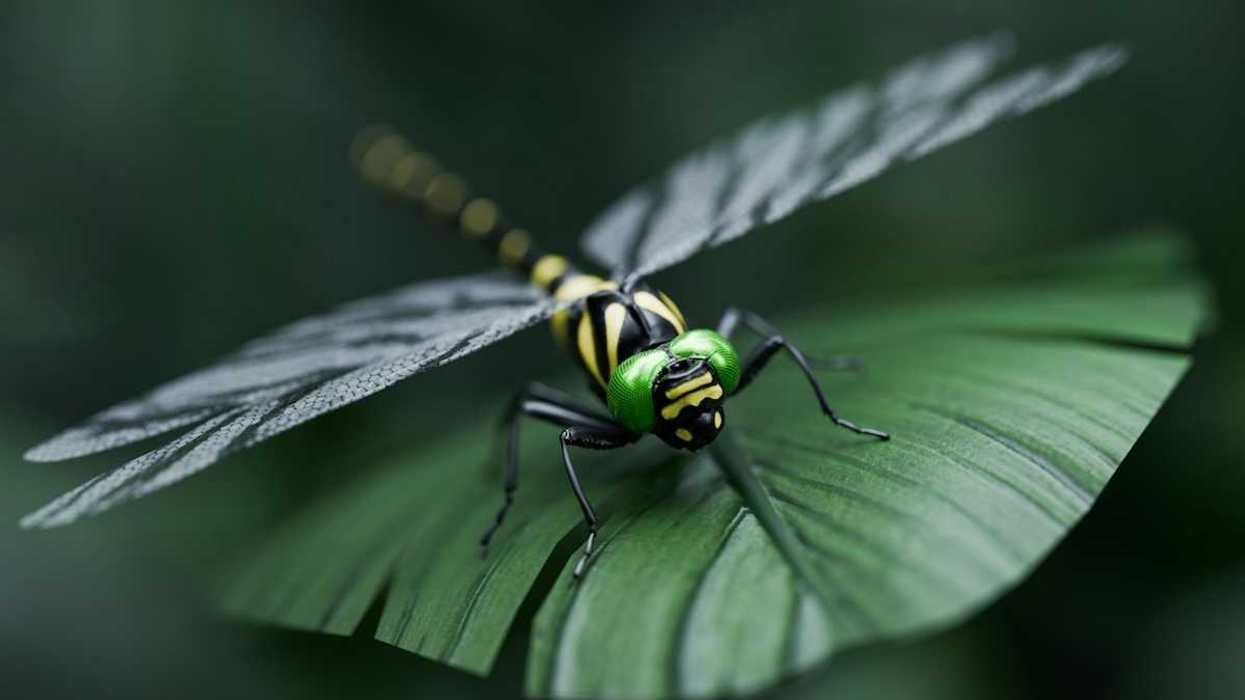New research from Natural England shows that nature-friendly farming practices significantly boost wildlife populations, including butterflies, bees, bats and breeding birds.
Helena Horton reports for The Guardian.
In short:
- Eco-friendly farming schemes in England have increased wildlife populations, with an average of 25% more breeding birds and 53% more butterflies in areas with high participation.
- The Environment Land Management Scheme (ELMS) incentivizes farmers to create habitats for wildlife, leading to increased biodiversity.
- The study suggests that reducing meat consumption could aid in climate change mitigation by allowing more land to store carbon and support nature.
Key quote:
"The evidence in the Natural England report confirms what many nature-friendly farmers are finding: delivering good-quality habitats, supported by public money, is helping to stop nature’s decline or even reverse it."
— Martin Lines, CEO of the Nature Friendly Farming Network
Why this matters:
Eco-friendly farming practices can play a critical role in reversing wildlife declines and mitigating climate change impacts. As pressure on land resources increases, these practices offer a viable solution to balance food production with environmental conservation.














